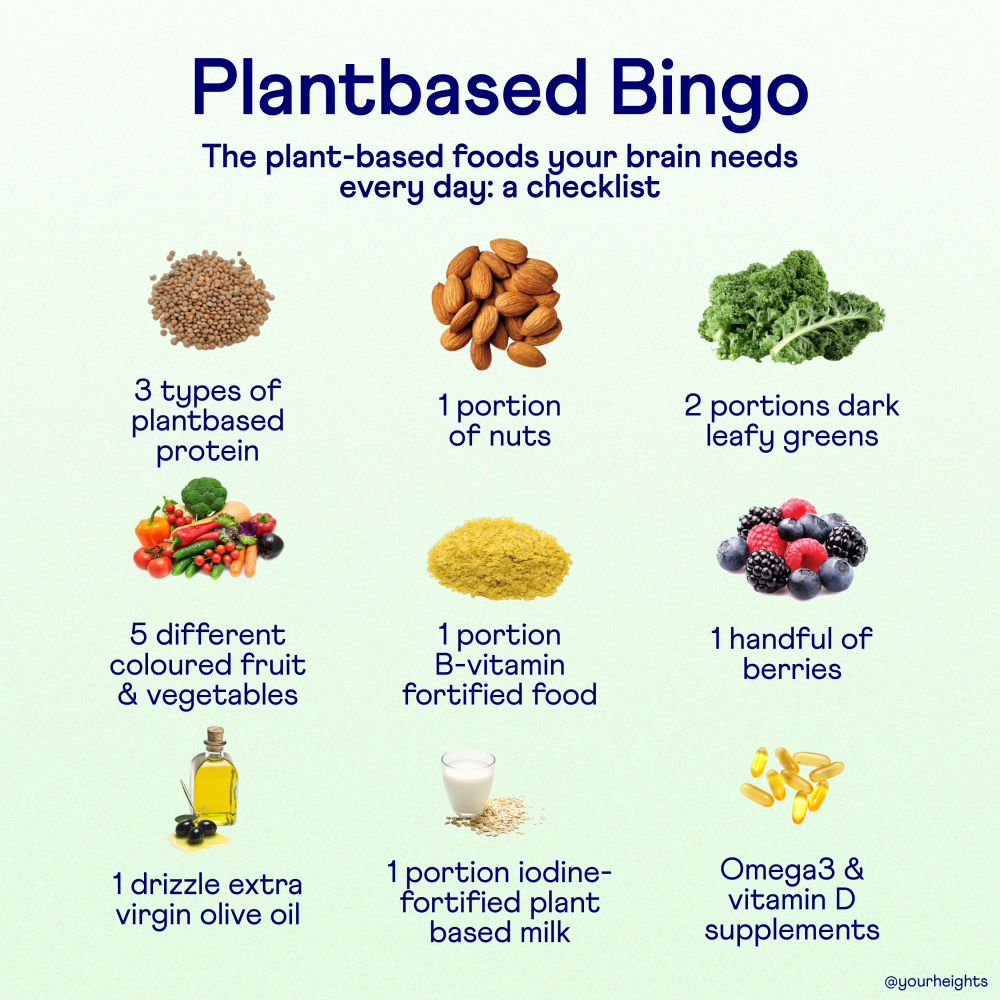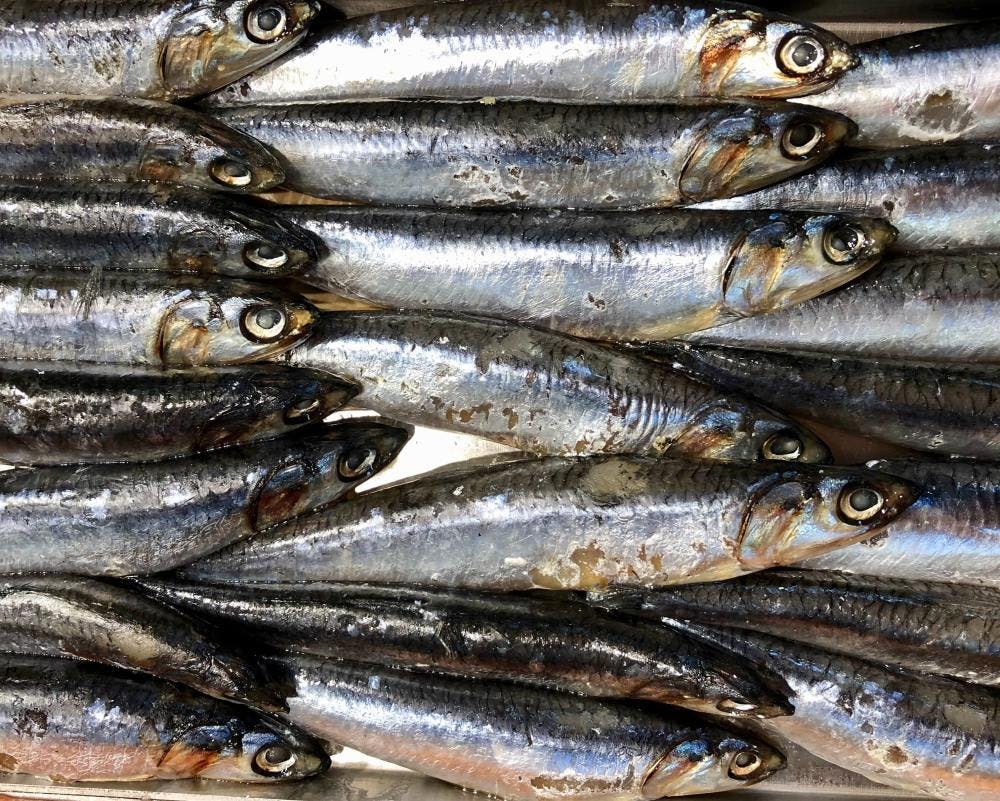Plant based diet: A beginners guide
Thinking about going vegan? Here's everything you need to know about a plant-based diet and staying on top of your game.


Becoming vegan or adopting a plant-based diet has exploded over the past few years. The number of people on plant-based diets in the UK quadrupled to 600,000 between 2014 and 2019, and 2 million people intend to become vegan by the end of 2021. Jay-Z is an investor in Oatly.
Despite its start on the sidelines of society, it’s safe to say that veganism has seeped into the mainstream. Want to give it a try? Here's our guide to a plant based diet for beginners.
What is a plant based diet?
A plant-based diet, put simply, is a diet that avoids any animal products. This includes meat, fish, dairy, eggs, and animal-derived ingredients such as gelatin.
Many people are switching diets for moral reasons, focusing on the treatment of animals in the food industry. Others cite environmental reasons—livestock is responsible for almost 15% of all greenhouse gas emissions, and beef uses more land and water than any other food product. And for some, personal health is the main reason for the change.
There are a lot of myths around plant-based diets. But more and more people are choosing to eat more and more plant-based foods, so we thought it was time to take a deeper look. Is it true that you’re guaranteed to become anaemic? (No.) Or that you can’t get any vitamin B12 from plant-based foods? (No.)
What do you eat on a plant-based diet?
On a whole food plant based diet, you'd stick to the following categories:
fruits
vegetables
tubers (root vegetables like potatoes, parsnips, carrots etc.)
wholegrains
legumes (beans, pulses, lentils etc.)
nuts and seeds
There are other processed meat alternatives you can include in a plant based diet too, such as tofu, tempeh, soya, and dairy alternatives.
So what does a balanced, plant-based diet look like? We’ve put together a bingo card of what you should be on your plant-based food list. Good luck!

Can you eat fish on a plant-based diet?
No! Fish aren't included in a plant-based diet.
Omega 3 DHA and EPA are two essential fatty acids. DHA in particular makes up about 60% of your brain. Traditionally, these have been sourced from fish oil. If you’ve ever had the pleasure of a spoonful of cod liver oil, you’ll be keen to hear about alternatives.
However, fish don’t generate omega 3. They get it from their diets. So what if it’s possible to cut out the middleman (middle-fish?) and use an efficient, sustainable, and plant-based source of omega 3? Sounds like something worth investigating. Plus, who hasn’t seen Seaspiracy yet?
Learn more about alternatives to fish oil

How to start a plant based diet
In order to be healthy, plant-based diets require more planning than omnivorous ones. Animal products are very dense in nutrients, and plants less so.
For this reason, maintaining a balanced diet is particularly important for vegans, and even then, supplementation can be a very useful tool to ensure you maintain a base level of nutrients in your day-to-day life (although you do, of course, have to ensure that the supplements are vegan).
Also, most nutritional advice is based on an omnivorous diet, so there are certain adjustments that you’ll need to make if you’re going vegan. Oily fish is out, so you’ll need an alternative source of omega 3. Zinc largely comes from animal products, so that has to come from somewhere too.
What you need to know to go vegan
What are the negatives of a plant-based diet?
Some suggested negatives of plant based diets are:
low vitamin levels that affect mental health
brain fog
low energy
However, these are largely due to poor planning and can easily be combated. We've pulled together some of our posts and podcasts to help you out.
Plant-based diets and mental health

As the chair of the British Dietetic Association for London (and Head of Nutritional Research for Heights), Sophie Medlin can tell you a thing or two about plant-based diets.
The idea of a link between plant-based diets and mental health issues is a contentious one, but it’s important to talk about the risks. After all, if the alternative to supplementation is a return to an omnivorous diet, is that preferable? Along with Heights co-founder, Dan Murray-Serter—who shares his own story of veganism and mental health—Sophie explains the science behind vegan nutrition, and how to emerge from Veganuary stronger than ever.
Preventing vegan brain fog

Anyone who’s experienced brain fog can tell you that it isn’t fun. You can feel confused and slow, your memory feels off, and you can’t concentrate.
Research has shown that brain fog, along with other neurological dysfunctions like insomnia, are often reported when people switch to a poorly planned vegan diet. Note the ‘poorly planned’. A balanced vegan diet isn’t simply an omnivorous diet without animal products. It requires different quantities of food types to get the right nutrients. Here are some of the most important vitamins and minerals to keep track of.
4 vitamins to help with brain fog
How to boost your energy on a plant-based diet

Lots of people associate a plant-based diet with lower energy levels, and find it hard to stay active once they make the switch. But it doesn’t have to be like that. Just ask Venus Williams, Lewis Hamilton, or if you’re concerned about muscle mass, David Haye. Like any diet, you can eat well as a vegan, or poorly, and that will have a huge impact on how you feel. So we looked through some of the key nutrients that will keep your body (and brain) energised.